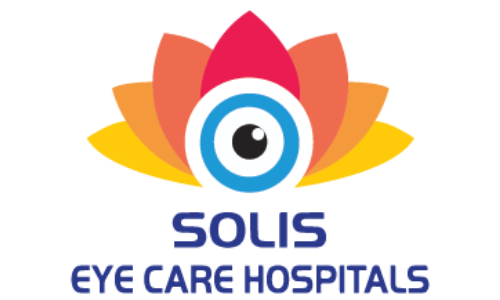Retina
Introduction
The retina is the light-sensitive layer at the back of the eye that plays a crucial role in capturing visual information. Retinal diseases can severely impact vision and, if untreated, may lead to permanent blindness. At Solis Eye Care, our retina specialists use advanced diagnostic tools and treatment methods to manage both common and complex retinal conditions effectively.
Common Symptoms of Retinal Problems
Retinal disorders often show sudden or progressive symptoms. Immediate attention can prevent permanent damage.
Sudden or Gradual Vision Loss
May affect one or both eyes.
Flashes of Light
Often an early sign of retinal detachment.
Floaters
Small shapes drifting across your vision.
Blurred or Distorted Vision
Straight lines may appear wavy or blurry.
Dark Spots in Vision
Partial loss of vision in one area.
Difficulty Seeing in Dim Light
Reduced night vision in some cases.
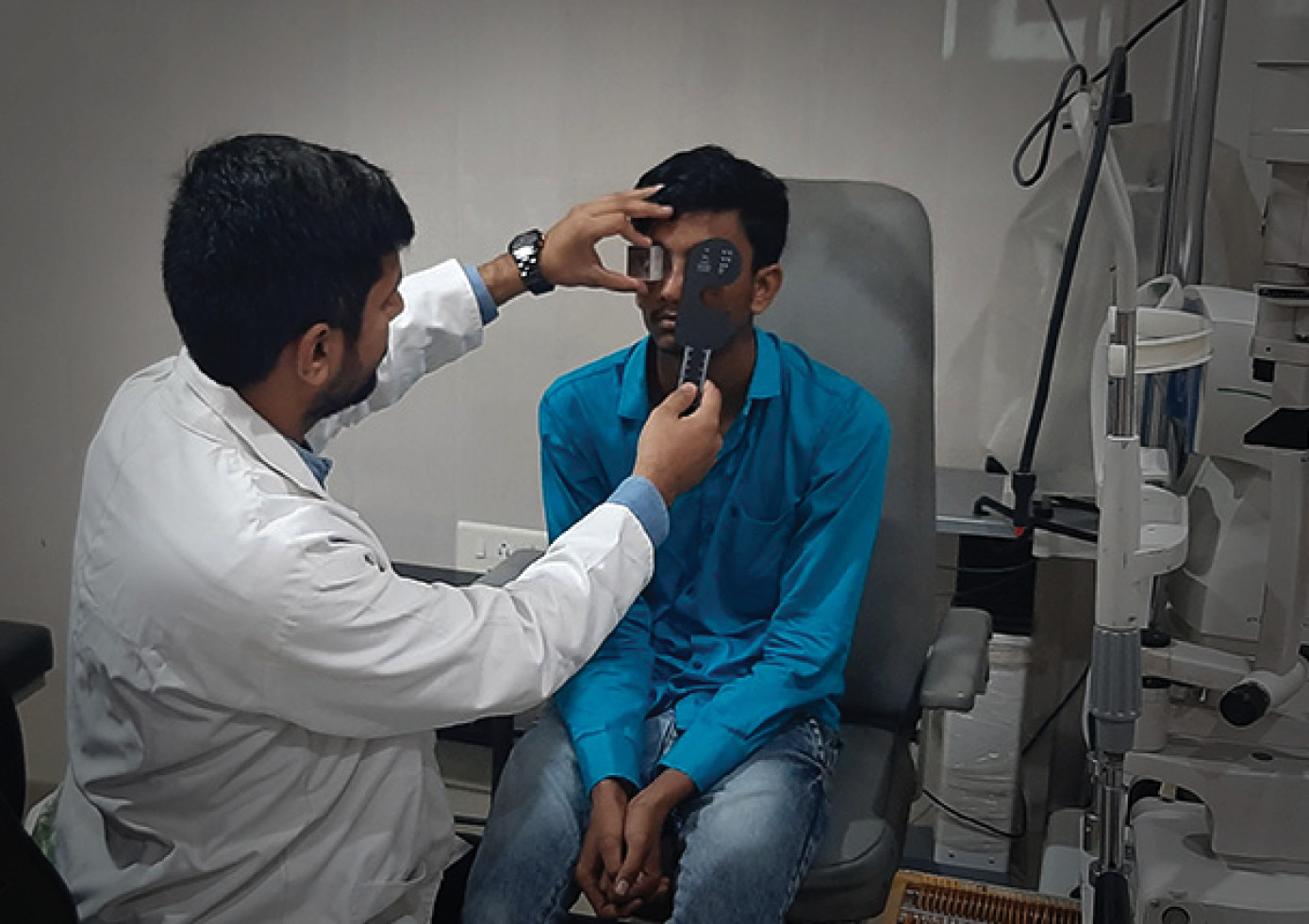
Causes and Risk Factors
Retinal diseases can stem from various causes and risk factors, including:
- Common Retinal Conditions
- Diagnosis & Treatment at Solis
- Long-Term Care and Monitoring
Retinal issues include several different diseases, each with unique features:
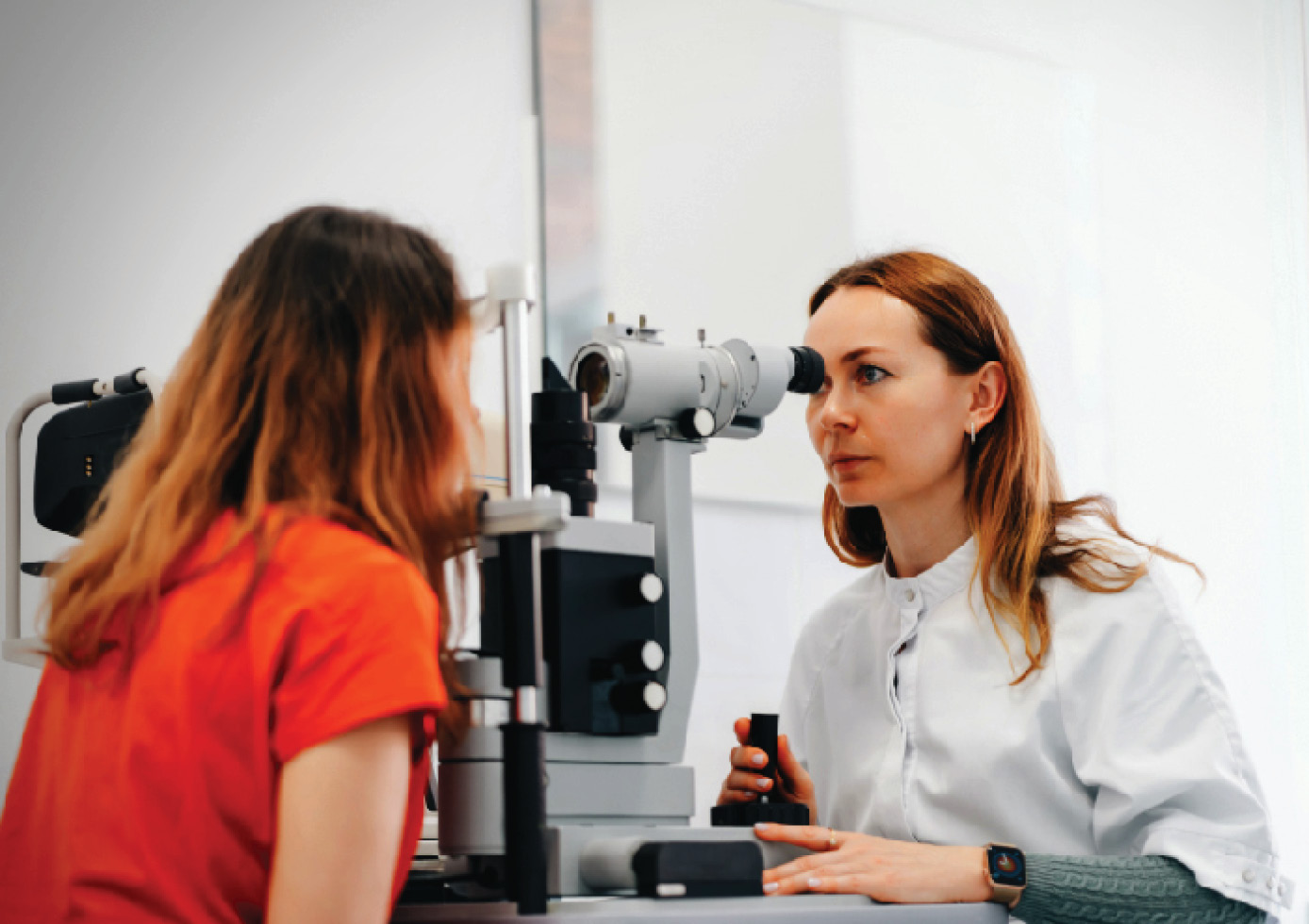
Our retina care involves a multi-modal approach using state-of-the-art equipment:
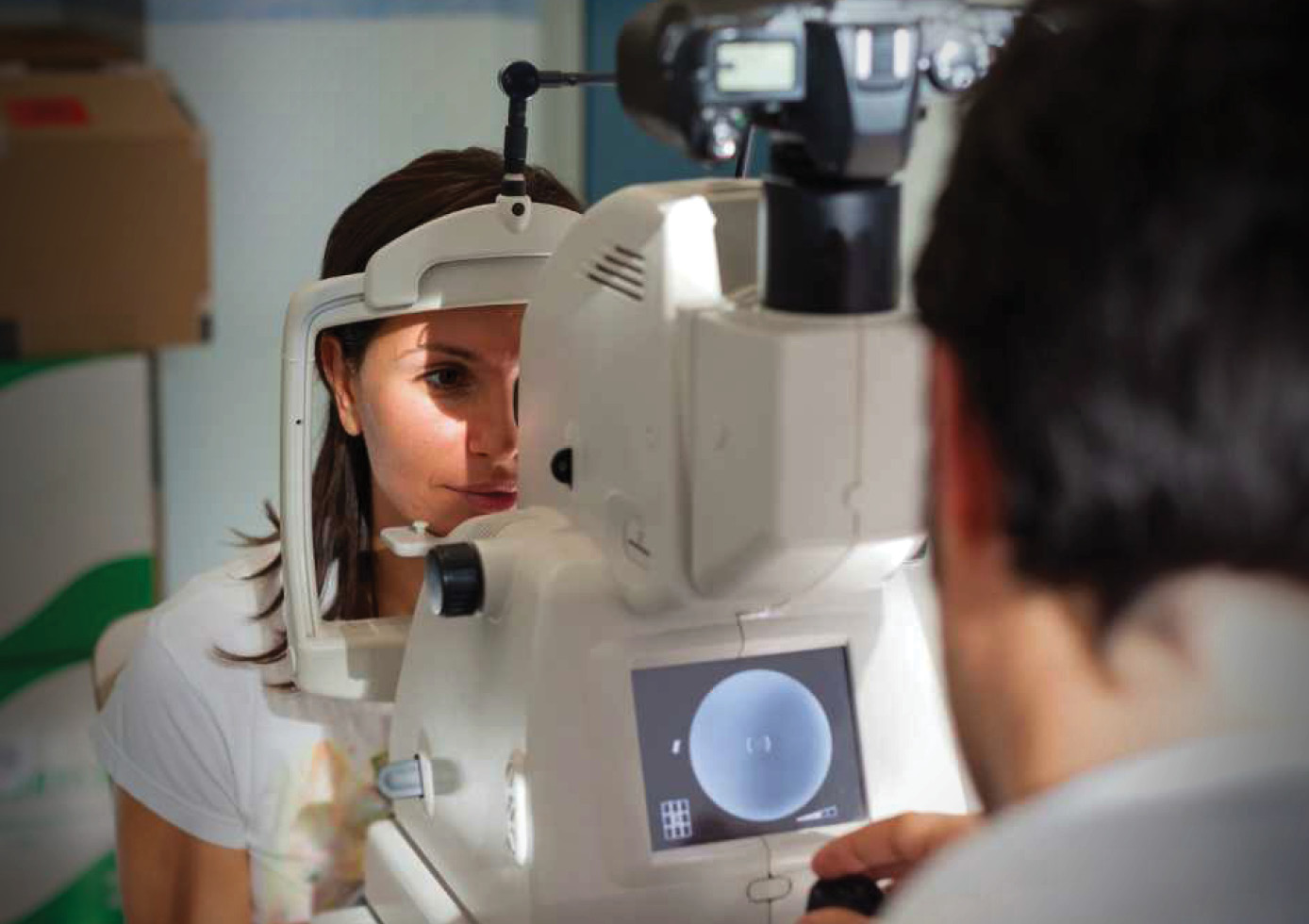
Regular retinal evaluations are critical to preserving vision.
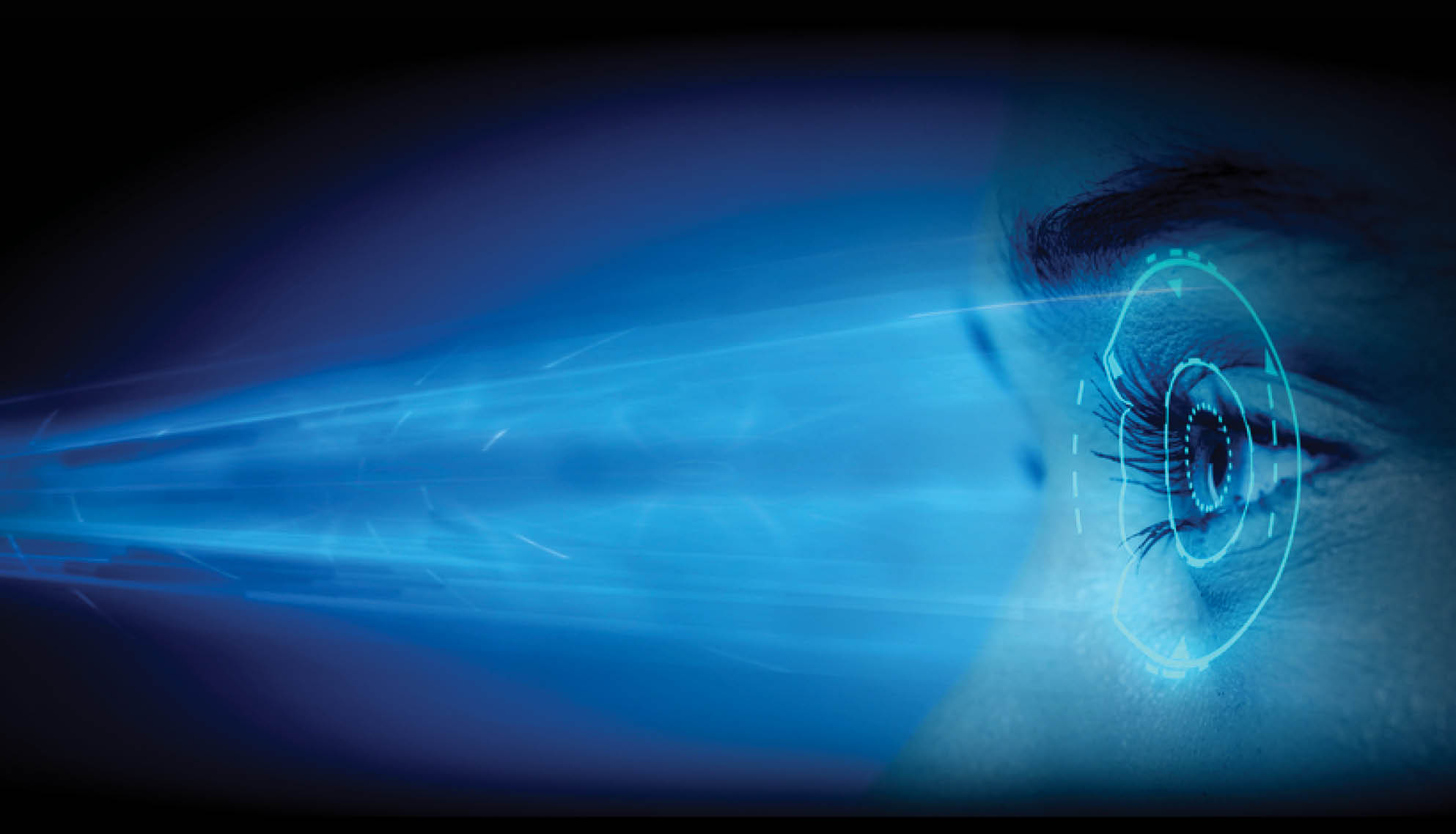
Frequently Asked Questions (FAQs)
If caught early, many retinal conditions can be managed or reversed. Late-stage damage may be permanent.
With a combination of laser therapy, injections, and strict control of blood sugar.
Regular eye exams help detect retinal tears before detachment occurs.
It depends on the severity and timing of the condition; many patients experience improved vision after surgery.
Most retinal diseases are painless, making regular screening essential.
